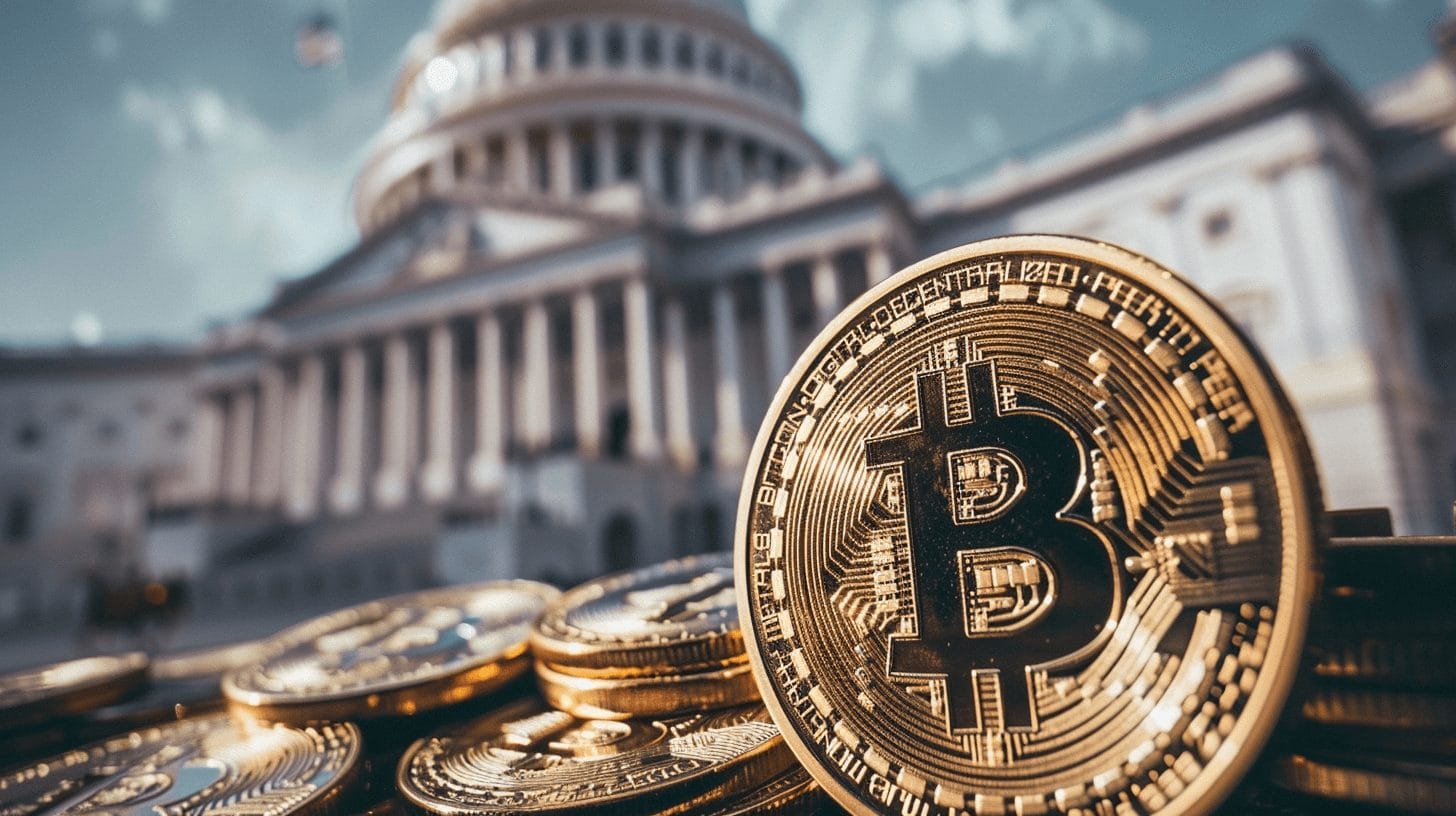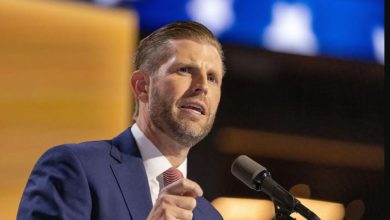BTC Bill Push: Michael Saylor, Other Crypto Execs Join Roundtable on 1 Million BTC US Reserve


, co-founder of Strategy Inc, and other top crypto executives, join US lawmakers in Washington to support the : a bill proposing the US government accumulate one million BTC as a permanent strategic reserve.
Senator Cynthia Lummis and Representative Nick Begich are hosting the roundtable, reintroducing the legislation. The bill positions BTC alongside gold as a national reserve asset. Saylor, Thiel, and industry colleagues pressed for “budget-neutral strategies” to fund the , echoing President Trump’s executive order mandating permanent government from seizures.
The ongoing push for a strategic US BTC reserve follows the successful implementation of the , a bill passed in July to regulate stablecoins. If passed, the BTC Act will serve as a legislative framework for the overall crypto industry at large, putting the US ahead in the digital asset regulatory race.
Investor Takeaway
The BTC Act, if approved, would establish a U.S. government-held BTC reserve, positioning BTC alongside gold as a national strategic asset.
US BTC Strategic Reserve Bill: Crypto Execs and Lawmakers Weigh in
Policymakers and crypto leaders, including Saylor, Fred Thiel (Marathon Digital), , Charles Hoskinson (Cardano), Bitdeer’s Haris Basit, and Riot’s Brian Morgenstern, view BTC as key to global monetary strength and digital competitiveness.
Earlier this year, , co-founder of MicroStrategy — the world’s largest corporate BTC holder — highlighted the strategic importance of a U.S. BTC reserve. He described holding BTC as owning “property in cyberspace” and suggested that a national BTC reserve could cement America’s dominance in the digital realm.
Saylor also warned that if the U.S. fails to establish such a reserve, other nations could seize the opportunity to lead in the rapidly growing digital asset space.
Other crypto execs share the identical sentiment, including , the CEO of Gemini, who shared on X that a “strategic BTC reserve is not really a choice but a must for any country given the rarity of the asset.”
The BTC Act sets a five-year timeline for the US Treasury and Federal Reserve to accumulate one million BTC, using offsetting mechanisms such as gold certificate reevaluation and tariff revenues, minimizing impact on taxpayers.
Hailey Miller, DPN Director of Government Relations, explained, “Our real push is to ensure that the BTC Act and a strategic BTC reserve remain a priority.” Industry briefings called the plan a “bipartisan opportunity” and stressed resilience for US financial markets.
The push to classify BTC as a strategic asset mirrors historic moves for gold, shifting the narrative from speculation to permanent national holdings. President Trump’s earlier executive order now requires that seized digital assets be retained rather than sold. Lummis’ bill, in contrast, proposes the deliberate accumulation of digital assets through a government mandate.
Passing the BTC Act would add another layer to US monetary infrastructure, later than recent progress on (GENIUS Act). While some industry voices, including Samson Mow, demand quicker action, bipartisan support is vital as current momentum is highest among Republicans.
Investor Takeaway
US BTC Policy and the Global BTC Reserve Race
Other countries, including , Singapore, and certain EU states, are also pursuing BTC reserves or large-scale purchases. If passed, the bill will likely set long-term demand and price floors, anchoring at the heart of US financial and reserve strategy.
The bill faces House and Senate scrutiny with committee hearings pending as industry advocates work to secure cross-aisle purchase-in.
In the meantime, lawmakers and crypto leaders now focus on advancing committee hearings for the BTC Act, building broad support, and locking down concrete budget-neutral mechanisms. Upcoming briefings will address regulatory friction, national security benefits, and sector impact.






